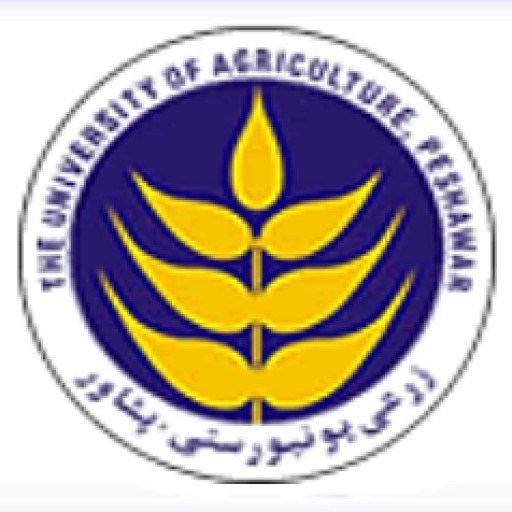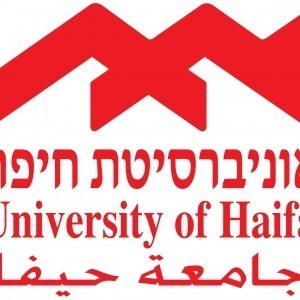Photos of university / #oxford_uni
The MSc in Greek and Roman History at the University of Oxford offers a comprehensive exploration of the history, culture, and society of ancient Greece and Rome. This programme provides students with an in-depth understanding of the political developments, social structures, cultural achievements, and philosophical ideas that shaped the classical world. Through rigorous coursework and extensive research, students engage with a wide range of sources, including literary texts, inscriptions, archaeological findings, and modern scholarly interpretations. The programme emphasizes critical analysis and encourages students to develop their own perspectives on the enduring legacy of Greek and Roman civilizations. Students have the opportunity to specialise in areas such as political history, military history, social history, or cultural history, tailoring their studies to their individual interests and career goals. The programme also promotes interdisciplinary approaches, integrating insights from archaeology, philology, and anthropology to provide a well-rounded understanding of the ancient world. Supervised by leading experts in the field, students undertake a substantial research project culminating in a dissertation, allowing them to explore a specific topic in great detail. With access to the University’s rich libraries, archives, and archaeological resources, students benefit from exceptional academic support and the vibrant intellectual environment of Oxford. Graduates of this programme are well-equipped for careers in academia, publishing, museums, education, or heritage management, as well as for further postgraduate research. The MSc in Greek and Roman History is ideal for individuals seeking to deepen their knowledge of ancient civilization, enhance their research skills, and engage with some of the most influential periods in human history.
For the MPhil you will produce a thesis of up to 25,000 words (D), two pieces of work based on graduate seminars run by members of the faculty in Greek and Roman History (E) and three options, one from the list of options in A, one from B and one from either B or C:
A. Classical and modern languages
These options give you the opportunity to acquire or reinforce knowledge of ancient languages or the modern languages of scholarship. Teaching is provided in the form of University classes and/or individual or small-group tutorials. These options are assessed by a 3-hour written examination.
B. Methods and techniques of scholarship
These options are usually assessed by a pair of pre-submitted essays.
C. Specified historical topics
All of the options in this section are examined by a pair of pre-submitted essays.
D. Dissertation
Your dissertation can be up to 25,000 words long. You decide on a subject in consultation with your supervisor. The dissertation enables you to work in greater depth on a subject that particularly interests you and is particularly valuable if you are hoping to go on to work for a doctorate.
E. Graduate Seminar Series
There are two graduate seminar series in ancient history, one covering Greece and the East and the other Rome and the West. These working seminars, organised by members of the faculty in areas of current interest to them, run fortnightly in Michaelmas and Hilary terms. As a master’s student you are required to attend and participate in them. You will produce two pieces of written work derived from the seminars as part of your submission for the degree.
Applicants are normally expected to be predicted or have achieved a first-class or strong upper second-class undergraduate degree with honours (or equivalent international qualifications), as a minimum, in Classics or a similar course of academic study with substantial course components in the area of ancient history.
Most successful applicants have, or go on to obtain, a first-class or high upper second-class honours undergraduate degree.
For applicants with a degree from the USA, the minimum GPA sought is 3.7 out of 4.0.
If you hold non-UK qualifications and wish to check how your qualifications match these requirements, you can contact the National Recognition Information Centre for the United Kingdom (UK NARIC).
No Graduate Record Examination (GRE) or GMAT scores are sought.
- Official transcript(s)
- CV/résumé
- Statement of purpose/personal statement:Up to 700 words
- Written work:Two essays of 2,000 words each
- References/letters of recommendation:Three overall, generally academic
ENGLISH LANGUAGE REQUIREMENTS
Higher level
|
Test |
Standard level scores |
Higher level scores |
||
|
IELTS Academic |
7.0 | Minimum 6.5 per component | 7.5 | Minimum 7.0 per component |
|
TOEFL iBT |
100 |
Minimum component scores:
|
110 |
Minimum component scores:
|
| Cambridge Certificate of Proficiency in English (CPE) | 185 |
Minimum 176 per component |
191 |
Minimum 185 per component |
| Cambridge Certificate of Advanced English (CAE) | 185 |
Minimum 176 per component |
191 |
Minimum 185 per component |
- Global Education
- Hill Foundation Scholarships
- Ertegun Scholarship Programme
The MSt in Greek and Roman History at the University of Oxford offers an in-depth exploration of the history, culture, and societies of ancient Greece and Rome. This programme provides students with a comprehensive understanding of the political, social, economic, and cultural developments of these classical civilizations. The course is designed for students who already have a solid foundation in classical studies and wish to enhance their research, analytical, and critical skills through advanced study. The programme typically includes a combination of taught modules, seminars, and independent research, culminating in a dissertation that allows students to investigate a specific topic in depth.
Students have the opportunity to engage with a wide range of topics, including classical politics, philosophy, literature, art, and archaeology. They also benefit from access to the university’s extensive collections, libraries, and archaeological resources. The curriculum is flexible, allowing students to tailor their studies according to their specific interests within Greek and Roman history. The programme aims to equip graduates with the skills necessary for doctoral research, academic careers, or roles in heritage management, museums, and cultural institutions.
The programme is supported by the university’s renowned faculty, many of whom are leading experts in their fields. Teaching methods include lectures, seminars, and tutorials, fostering a dynamic and interactive learning environment. Students also have opportunities for archival research and fieldwork, depending on their research topics. The duration of the programme is typically one year for full-time students, with options for part-time study. Graduates of the course often proceed to further study at the doctoral level or enter careers in academia, publishing, or cultural sectors. The university’s vibrant academic community and excellent research facilities make it an ideal place for serious study of Greek and Roman history.








